Choosing Safe Dental Clinics in Mexico
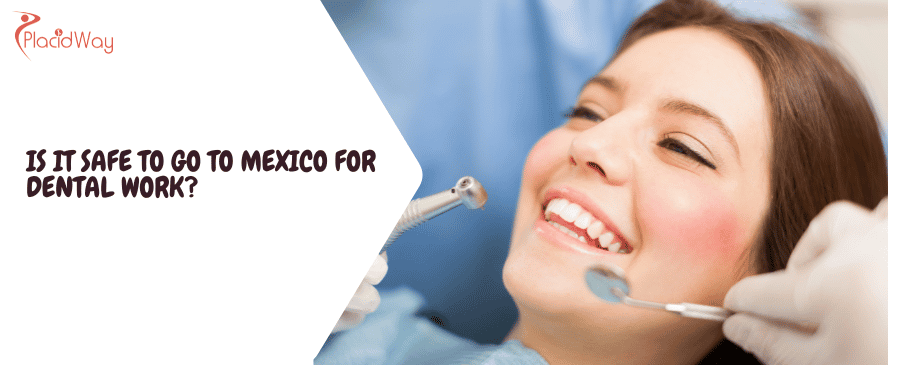
Thinking about heading to Mexico for dental work? You're not alone! Many people are exploring this option, drawn by the promise of significant cost savings and the chance to combine dental care with a vacation. But the big question on everyone's mind is: is it safe to go to Mexico for dental work? The short answer is yes, it can be, provided you do your homework and choose your dental provider carefully. Mexico has many highly skilled, often US-trained dentists, and modern clinics that adhere to international standards.
This guide will walk you through everything you need to know about the safety of dental procedures in Mexico, helping you make an informed decision. We'll cover common concerns, how to find reputable dentists, what to expect, and much more. Let's dive in and explore how you can get affordable, quality dental care in Mexico without compromising your health or safety.
What Are the Main Concerns About Dental Work in Mexico?
"The primary concerns about dental work in Mexico often revolve around the quality of care, hygiene standards, communication barriers, and the legitimacy of dentists' qualifications."
While dental tourism in Mexico has boomed, it's natural to have questions. Potential patients often worry if the lower cost means a compromise on quality or safety. Will the dental clinic be as clean as one back home? Are the materials used for procedures like implants or crowns of a high standard? What if something goes wrong after the treatment?
Another common concern is the language barrier. While many dentists and staff in tourist-popular areas speak English, communication about complex medical procedures needs to be crystal clear. Furthermore, verifying a dentist's credentials and the clinic's accreditation can seem daunting when you're unfamiliar with the Mexican healthcare system. These are all valid points to consider, and we'll address how to mitigate these risks.
How Do Dental Standards in Mexico Compare to the US or Canada?
"Many dental clinics in Mexico, especially those catering to international patients, adhere to standards comparable to those in the US or Canada, often using similar modern technology and sterilization protocols."
It's a common misconception that all dental care in Mexico is of a lower standard. The reality is that the quality can vary, just as it can anywhere. However, numerous Mexican dental facilities, particularly in border towns like Tijuana and Los Algodones (often called "Molar City"), and popular tourist destinations like Cancun or Puerto Vallarta, have invested heavily in state-of-the-art equipment and training to meet and even exceed international expectations. Many dentists in these areas have received training in the US or Europe and are members of international dental associations.
These top-tier clinics often seek accreditations from organizations like the American Dental Association (ADA) or the Mexican Dental Association (Asociación Dental Mexicana - ADM), which has its own set of rigorous standards. They also follow strict hygiene and sterilization protocols, often in line with those recommended by organizations like the Occupational Safety and Health Administration (OSHA) and the Centers for Disease Control and Prevention (CDC) in the US. The key is to research and select clinics that can demonstrate their commitment to these high standards.
Is Dental Work in Mexico Really Cheaper?
"Yes, dental work in Mexico is significantly cheaper, with patients often saving 50-70% or even more on procedures compared to costs in the United States and Canada."
This is one of the primary drivers for dental tourism in Mexico. The substantial cost difference doesn't necessarily mean lower quality materials or less skilled dentists. Instead, the savings are typically due to several factors:
- Lower operating costs: Rent, utilities, and general administrative expenses are considerably less in Mexico.
- Lower labor costs: Salaries for dental staff, including dentists and hygienists, are generally lower than in the US or Canada.
- Reduced insurance costs: Dentists in Mexico often have lower malpractice insurance premiums.
- Less regulatory burden: While good clinics maintain high standards, the overall cost of navigating the regulatory landscape can be less.
For example, a dental implant that might cost $3,000-$5,000 in the US could range from $700-$1,500 in Mexico. Similarly, crowns, veneers, root canals, and even full-mouth restorations can offer dramatic savings. This affordability makes essential and cosmetic dental care accessible to many who might otherwise be unable to afford it.
What Dental Procedures Are Popular to Get in Mexico?
"Popular dental procedures in Mexico for dental tourists include dental implants, crowns, veneers, root canals, All-on-4 dental implants, dentures, and cosmetic dentistry like teeth whitening and smile makeovers."
Due to the significant cost savings, more extensive and typically expensive treatments are particularly popular among dental tourists. Dental implants in Mexico are a leading choice because the price difference can be substantial, saving patients thousands of dollars. This includes single implants, multiple implants, and full-arch restorations like the All-on-4 procedure in Mexico.
Cosmetic dentistry is also highly sought after. Procedures such as porcelain veneers in Mexico can transform a smile at a fraction of the US cost. Other common treatments include:
- Dental Crowns and Bridges: For restoring damaged or missing teeth.
- Root Canal Therapy: To save an infected tooth.
- Dentures: Both full and partial.
- Teeth Whitening: Professional-grade whitening for a brighter smile.
- Full Mouth Reconstruction: Comprehensive treatment plans to restore oral health and aesthetics.
How Can I Find a Safe and Reputable Dentist in Mexico?
"To find a safe and reputable dentist in Mexico, research clinics thoroughly, check credentials and accreditations, read patient reviews, and ask for referrals or before-and-after photos."
Finding a qualified and safe dentist in Mexico requires due diligence. Don't just go for the cheapest option. Instead, focus on quality and safety by following these steps:
- Research Online: Look for established clinics with professional websites that provide detailed information about their dentists, services, and technology.
- Check Credentials: Verify the dentists' qualifications. Many will list their education (some from US or international universities) and specializations. Look for affiliations with organizations like the Mexican Dental Association or even the American Dental Association.
- Read Patient Reviews and Testimonials: Look for reviews on independent platforms, forums, and social media. Pay attention to comments about cleanliness, communication, the skill of the dentist, and the overall experience.
- Ask for Before-and-After Photos: For cosmetic or restorative work, seeing examples of the dentist's previous work can be very helpful.
- Inquire About Sterilization and Hygiene: Don't hesitate to ask about their sterilization techniques and infection control protocols. Reputable clinics will be transparent about this.
- Communication is Key: Ensure the dentist or a staff member speaks your language fluently to avoid misunderstandings.
- Get a Detailed Treatment Plan and Quote: Before committing, get a clear written plan outlining the procedures, timeline, and total cost, including any potential additional charges.
- Consider using a Dental Tourism Agency: Reputable agencies often pre-screen clinics and dentists, which can simplify the process, but do your research on the agency as well.
Are Dentists in Mexico Well-Qualified?
"Many dentists in Mexico are well-qualified, often with education and training from Mexican, US, or other international dental schools, and many pursue ongoing education to stay current with advancements."
The qualifications of dentists in Mexico can be excellent. Dental education in Mexico typically involves five years of study at a university, followed by a period of social service. Many dentists then pursue postgraduate specialization in fields like orthodontics, periodontics, endodontics, or oral surgery.
Furthermore, a significant number of dentists, especially those in areas popular with dental tourists, undertake additional training and certifications in the United States or Europe. They attend international conferences and workshops to stay abreast of the latest techniques and technologies in dentistry. When researching, look for dentists who are transparent about their qualifications, experience, and any specialized training they have. Membership in recognized dental associations can also be an indicator of a commitment to professional standards.
What Are the Risks of Getting Dental Work in Mexico?
"The risks of dental work in Mexico can include infection if hygiene standards aren't met, unsatisfactory results, complications requiring follow-up care, and potential issues with accountability or legal recourse if problems arise."
While many people have positive experiences, it's crucial to be aware of potential risks:
- Variable Quality of Care: Not all clinics adhere to the same standards. Poorly performed dental work can lead to complications, pain, and the need for further, often more expensive, corrective treatment.
- Infection: If a clinic doesn't follow strict sterilization and hygiene protocols, there's a risk of infection.
- Substandard Materials: Some less reputable clinics might use lower-quality materials for fillings, crowns, or implants, which may not last as long or could cause adverse reactions.
- Communication Barriers: Misunderstandings due to language differences can lead to errors in treatment or unmet expectations.
- Follow-up Care: If complications arise after you've returned home, managing follow-up care can be challenging and costly. Your local dentist may be hesitant to treat issues stemming from work done elsewhere.
- Travel Risks: General travel advisories for certain areas of Mexico should be considered, although tourist dental zones are generally considered safe.
- Accountability and Legal Recourse: If you experience malpractice or are unhappy with the outcome, seeking legal recourse in a foreign country can be complex and difficult.
Thorough research and choosing an accredited, reputable clinic with experienced dentists can significantly mitigate these risks.
What Questions Should I Ask Before Committing to Dental Work in Mexico?
"Before committing to dental work in Mexico, ask about the dentist's qualifications, experience with your specific procedure, the materials they use, sterilization practices, treatment plan details, costs, guarantees, and follow-up care protocols."
Arming yourself with the right questions can help you choose a good provider and ensure you're comfortable with your decision. Consider asking:
About the Dentist:
- "What are your qualifications and where did you train?"
- "How many years of experience do you have with this specific procedure?"
- "Are you a member of any dental associations (Mexican or international)?"
- "Can I see patient testimonials or before-and-after photos of similar cases?"
About the Procedure and Materials:
- "Can you explain the treatment plan in detail, including all steps and the timeline?"
- "What specific materials will be used for my crowns/implants/veneers, and what are their brands/origins?"
- "What are the potential risks and complications associated with this procedure?"
About the Clinic and Costs:
- "What sterilization and infection control protocols do you follow?"
- "What is the total cost of the treatment, including X-rays, consultations, and any potential additional fees?" (Get this in writing)
- "What payment methods do you accept?"
- "Do you offer any guarantees or warranties on your dental work?"
About Follow-up and Emergencies:
- "What is the process for follow-up care?"
- "What happens if I experience a complication after I return home?"
- "Do you have an emergency contact or protocol?"
A reputable clinic will be happy to answer these questions thoroughly and transparently.
Is it Safe to Get Dental Implants in Mexico?
"Yes, it can be safe to get dental implants in Mexico if you choose a qualified implantologist and a clinic with modern technology and strict hygiene standards, but thorough research is crucial."
Dental implants in Mexico are one of the most sought-after procedures due to the significant cost savings. Many Mexican dental clinics specializing in implants use globally recognized implant brands (e.g., Nobel Biocare, Straumann, Zimmer Biomet) and have experienced oral surgeons or implantologists performing the procedures. These clinics often boast advanced diagnostic tools like 3D CBCT scanners for precise implant placement.
However, implant surgery is a significant procedure. Ensure the dentist has specific training and extensive experience in implantology. Ask about the type of implants used, the success rate of the clinic, and their protocols for managing potential complications. Good osseointegration (the process of the implant fusing with the bone) and proper aftercare are vital for long-term success.
What About the Safety of Materials Used in Mexican Dental Clinics?
"Reputable dental clinics in Mexico use high-quality materials, often the same brands for crowns, veneers, and implants that are used in the US and Europe; however, it's wise to inquire about material sources."
The quality of materials is a valid concern. Top dental clinics in Mexico that cater to international patients understand that using high-quality, durable materials is essential for good outcomes and patient satisfaction. They often source their materials from reputable international suppliers in the US, Germany, Switzerland, and other countries known for high dental manufacturing standards.
When discussing your treatment plan, ask specifically about the materials to be used. For instance:
- Crowns/Bridges: Are they porcelain-fused-to-metal (PFM), all-ceramic (like E-max or Zirconia)? Where are they fabricated (in-house lab or external)?
- Implants: What brand of implants do they use? Are these brands FDA-approved or CE-marked (European conformity)?
- Fillings: What type of composite resin or other filling material is used?
A transparent clinic will willingly provide this information. If a clinic is evasive about the materials they use, it could be a red flag.
What Happens If Something Goes Wrong with My Dental Work from Mexico?
"If something goes wrong with dental work from Mexico, contact the Mexican clinic immediately to discuss their guarantee or remediation policy. Some may require you to return for correction, while complex issues might need attention from a local dentist at home, potentially at your own expense."
This is a critical consideration. First, understand the clinic's guarantee or warranty policy before undergoing treatment. Many reputable clinics offer guarantees on their work (e.g., for crowns, implants) for a specific period, provided you follow their aftercare instructions. If a problem arises, your first step should be to contact the Mexican clinic. They may offer to fix the issue at no charge for the dental work, though you'd likely bear travel costs.
If you cannot return to Mexico or if your local dentist needs to intervene, the situation can become more complex. Some home-country dentists may be reluctant to treat complications from work done abroad due to liability concerns or unfamiliarity with the materials/techniques used. It's also important to know that legal recourse for dental malpractice is more challenging across international borders. Having a contingency fund for potential follow-up care or corrections is a prudent measure.
Can I Use My Dental Insurance for Treatment in Mexico?
"Some US dental insurance plans may offer out-of-network coverage for dental work done in Mexico, but it varies greatly by provider and plan. It's essential to check with your insurance company directly before seeking treatment."
While many US dental insurance plans are primarily designed for in-network providers within the US, some PPO plans might provide partial reimbursement for services obtained from out-of-network dentists, which could include those in Mexico. You will likely need to pay for the services upfront in Mexico and then submit a claim to your insurance company for reimbursement.
Before you go, contact your insurance provider and ask specifically:
- If they cover dental work performed outside the US, particularly in Mexico.
- What percentage of the cost they will cover for specific procedures (e.g., crowns, implants).
- What documentation they require for reimbursement (e.g., detailed receipts, treatment codes, dentist's information).
- The process for submitting an out-of-network international claim.
Be prepared for the possibility that your insurance may not cover it, or may cover only a small portion. The significant upfront cost savings in Mexico often outweigh the lack of insurance coverage for many patients.
What Are the Hygiene and Sterilization Standards Like?
"Reputable Mexican dental clinics catering to international patients typically adhere to high hygiene and sterilization standards, often mirroring those in the US and Canada, using autoclaves, disposable materials, and following strict infection control protocols."
Hygiene is paramount in any dental setting. Good clinics in Mexico understand this and invest in proper sterilization equipment and practices. Look for clinics that:
- Use autoclaves for sterilizing dental instruments (steam sterilization under pressure, the gold standard).
- Use disposable materials (like gloves, masks, needles, and plastic coverings) for each patient.
- Regularly disinfect surfaces in treatment rooms between patients.
- Have clear protocols for waste disposal.
- Ensure staff follows proper hand hygiene.
Don't hesitate to ask for a tour of the clinic or specifically inquire about their sterilization methods. Many clinics will proudly display their sterilization equipment and explain their processes. If a clinic seems hesitant to discuss this or if you observe any cleanliness issues, consider it a warning sign.
How is Communication and Language Handled in Mexican Dental Clinics?
"In Mexican dental clinics that serve many international patients, dentists and key staff members are often fluent in English, ensuring clear communication about treatment plans, procedures, and aftercare."
Clear communication is vital for a safe and successful dental experience. In popular dental tourism destinations in Mexico, clinics are well aware of this. You'll find that many dentists have studied or worked in English-speaking countries, and their support staff (receptionists, assistants, patient coordinators) are often bilingual.
When you first contact a clinic, assess their responsiveness and clarity in English (or your preferred language). During the consultation, ensure you fully understand the proposed treatment, ask questions, and clarify any doubts. If you feel there's a significant language barrier that prevents clear understanding, it might be better to seek another clinic where communication is more seamless. Some clinics even offer translation services if needed.
What Should I Expect for Aftercare and Follow-Up?
"Aftercare for dental work in Mexico typically involves initial instructions and any necessary prescriptions from the Mexican dentist. Long-term follow-up may require coordination with a local dentist or return visits to Mexico if the clinic's guarantee necessitates it."
Good aftercare is crucial for the success of any dental procedure. Your Mexican dentist should provide you with detailed post-treatment instructions, including:
- Pain management advice.
- Dietary restrictions (if any).
- Oral hygiene instructions specific to your procedure.
- Information on what to do in case of swelling, bleeding, or other common side effects.
- Any necessary prescriptions (e.g., antibiotics, pain medication).
For more complex treatments like implants or full-mouth restorations, you might need several follow-up visits, which could mean returning to Mexico or coordinating with a local dentist. Discuss the follow-up schedule and who is responsible for what before starting treatment. Understand the terms of any warranty or guarantee, as some clinics may require you to return to them for any remedial work covered under their terms. It's also a good idea to get copies of all your dental records, including X-rays and details of the materials used, to share with your home dentist.
Ready to explore your options for safe and affordable dental care?Explore PlacidWay for solutions related to medical tourism and high-quality healthcare services worldwide.


.png)

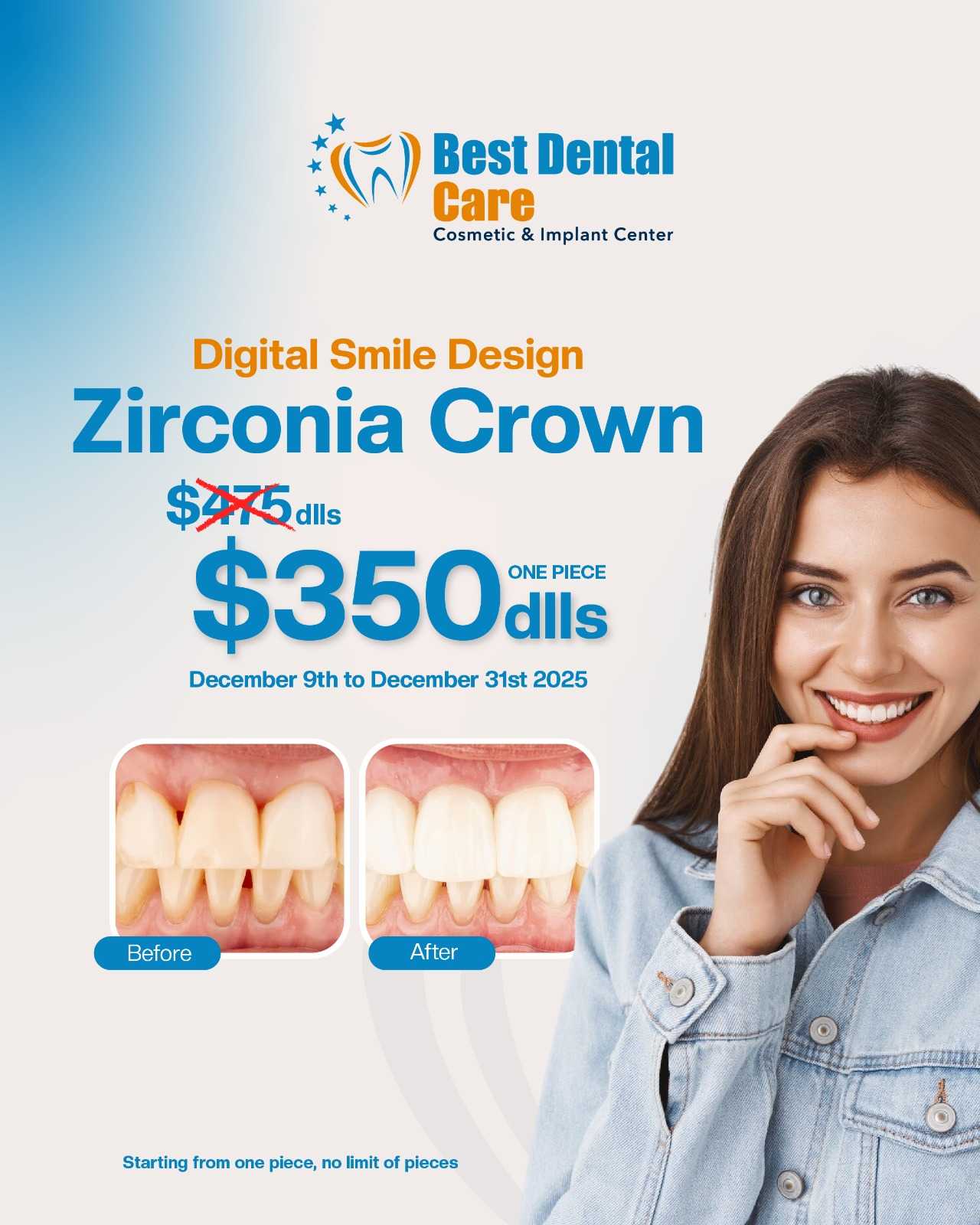



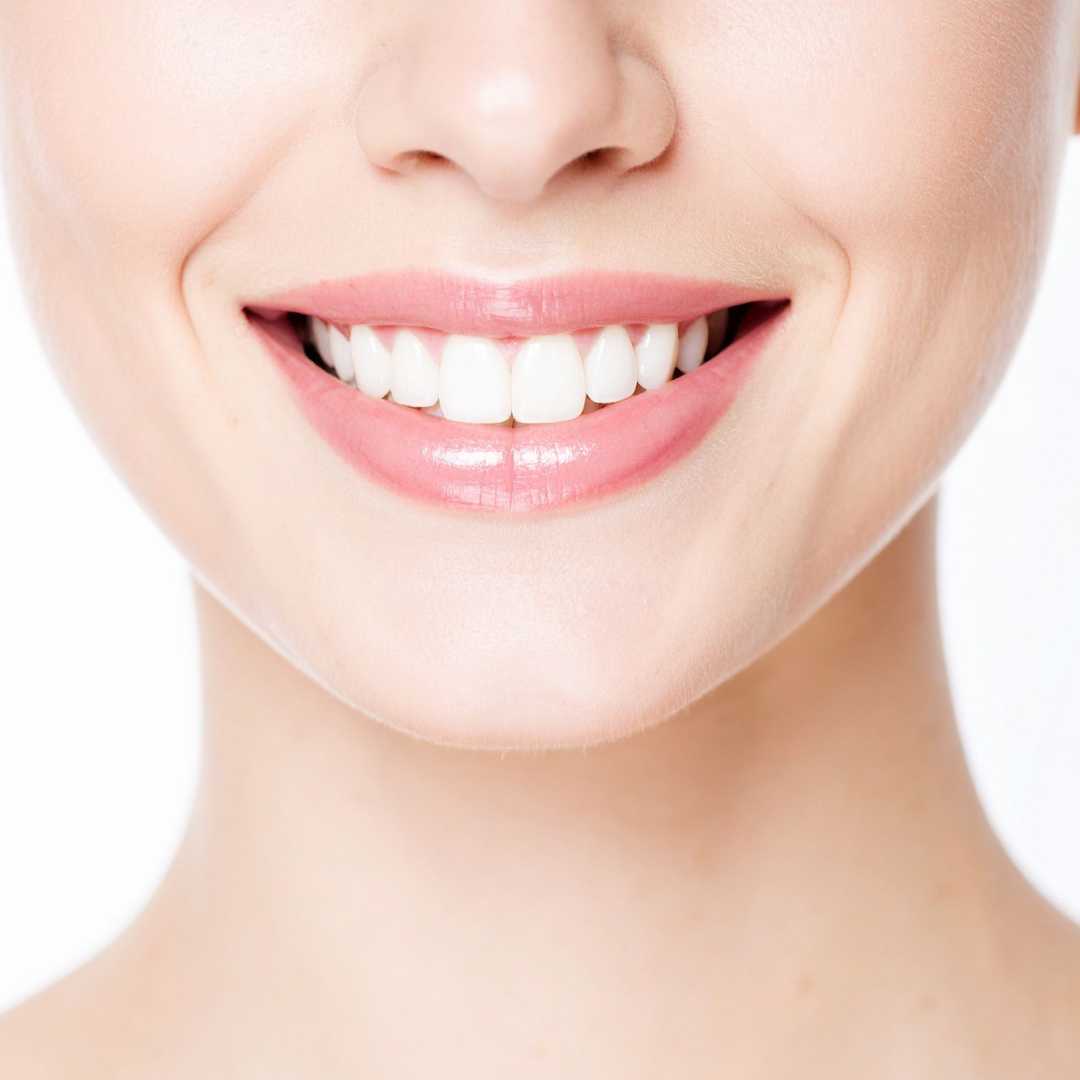


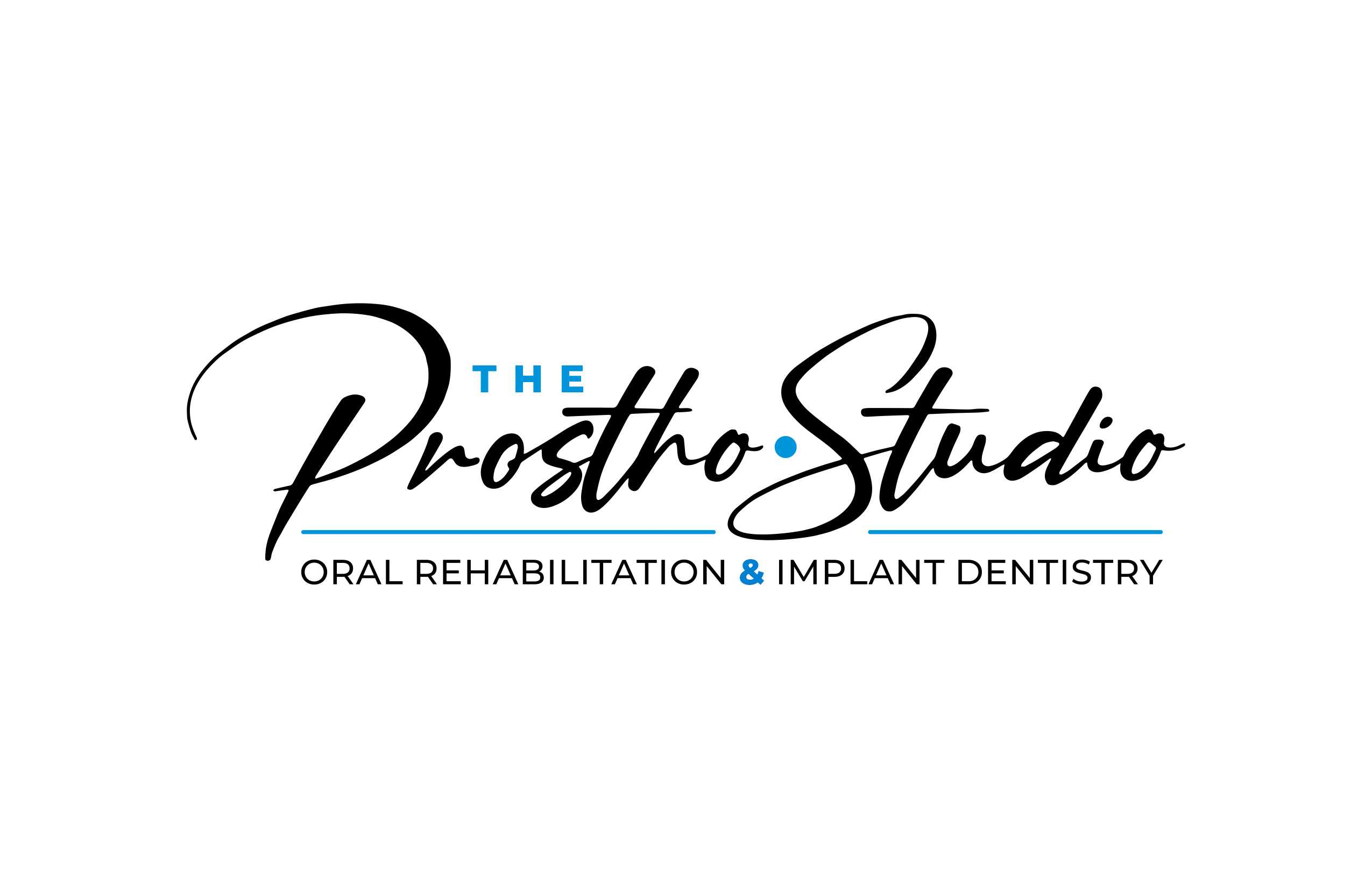
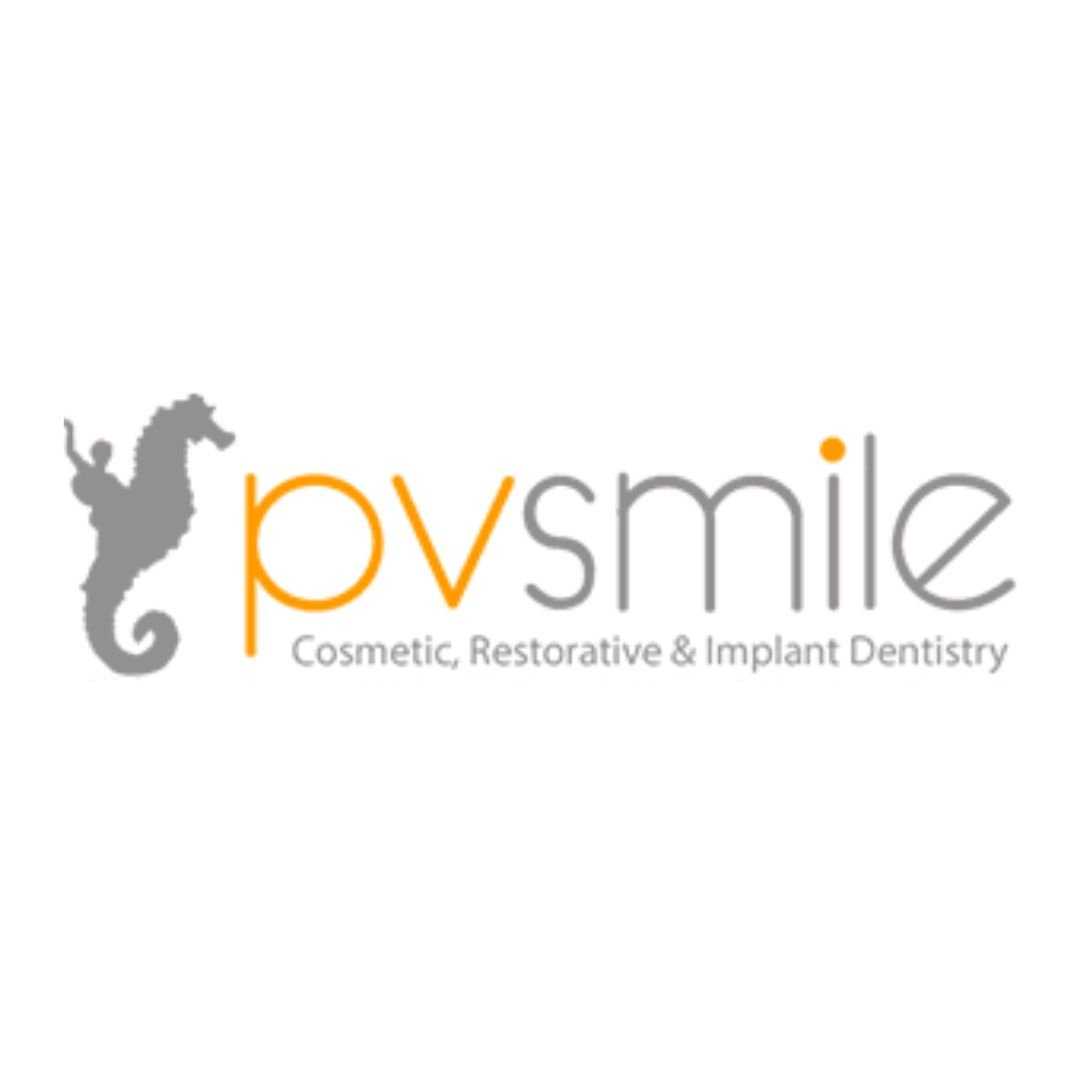
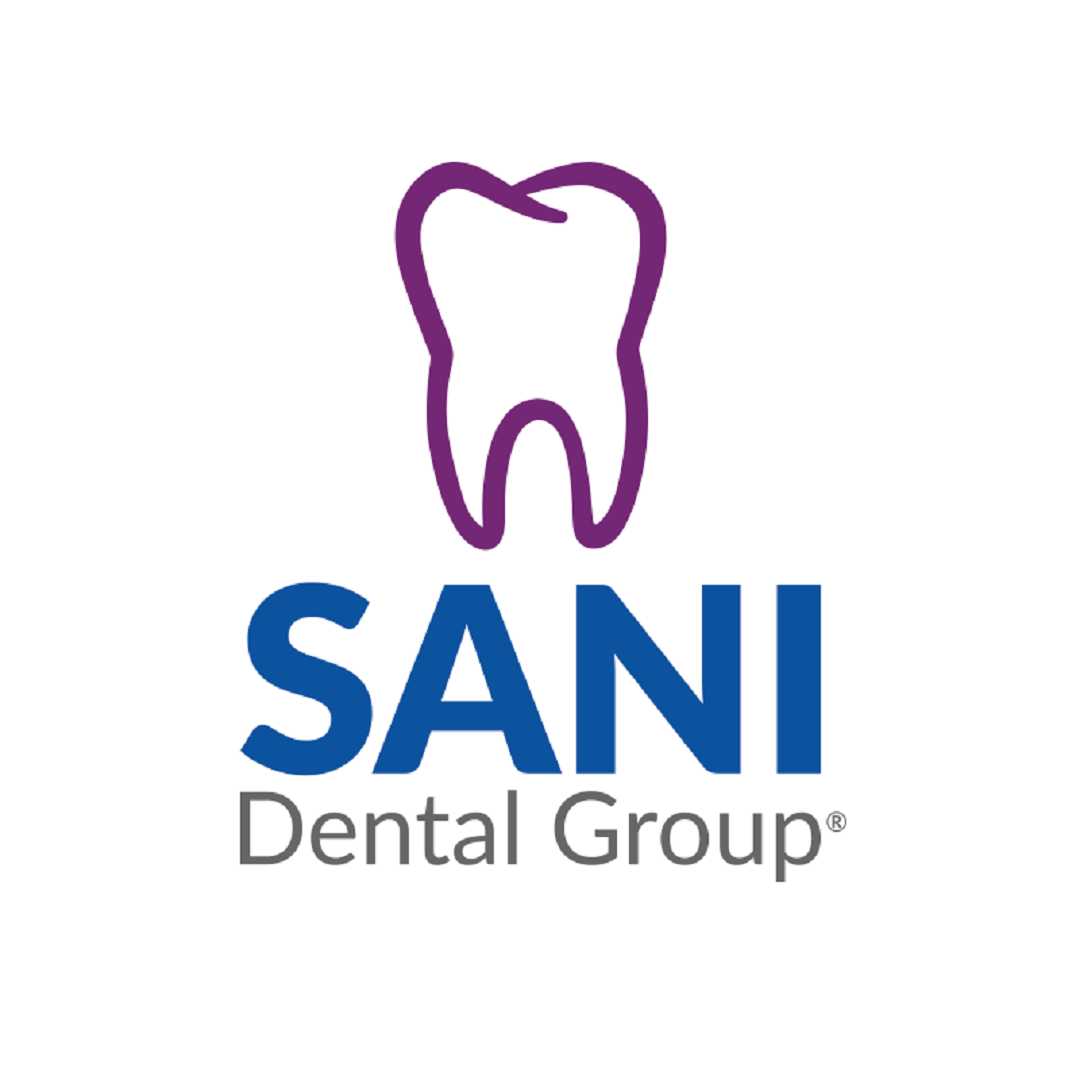
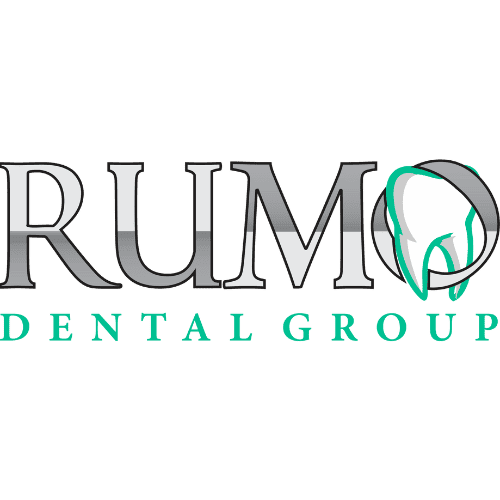
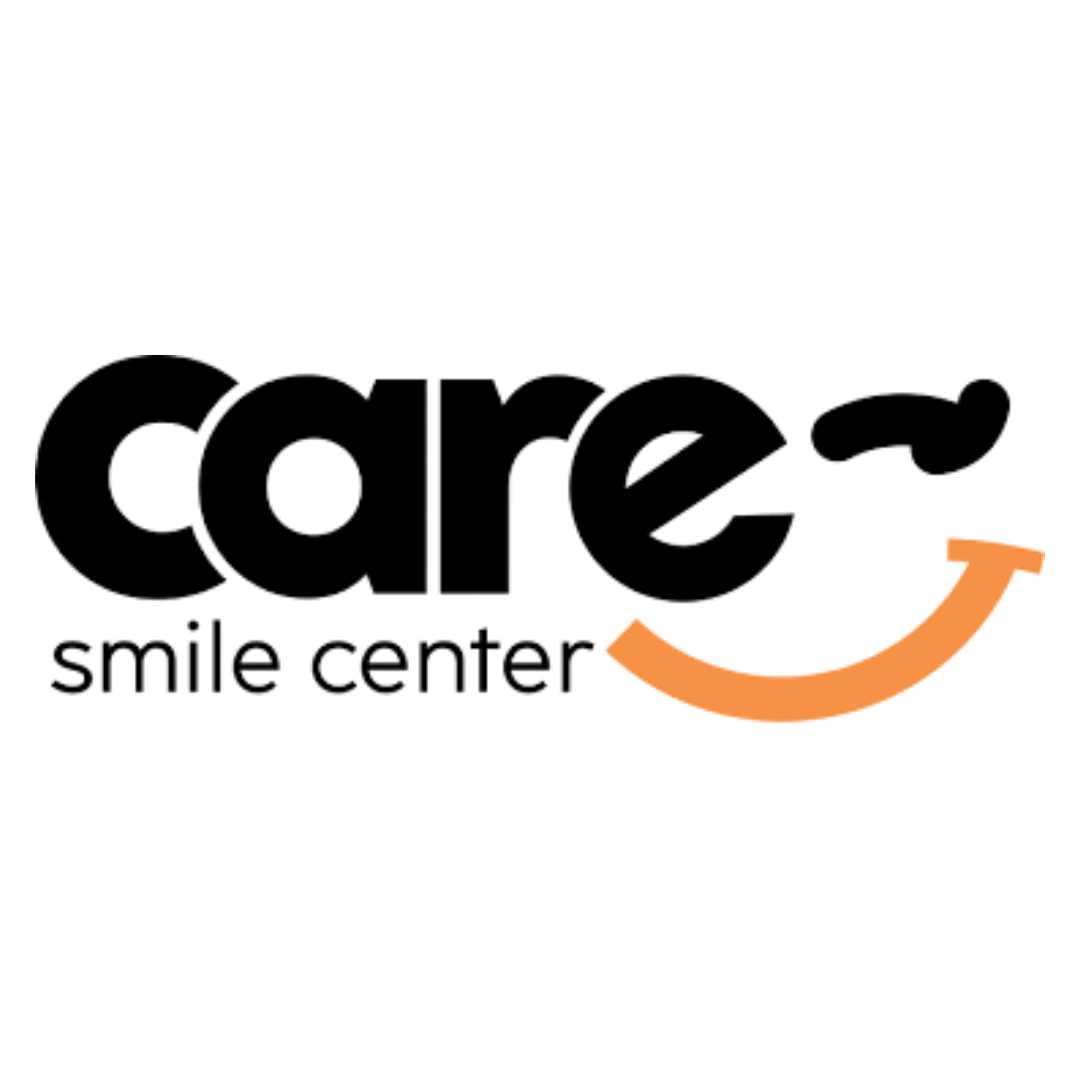

Share this listing